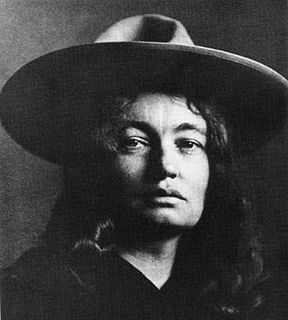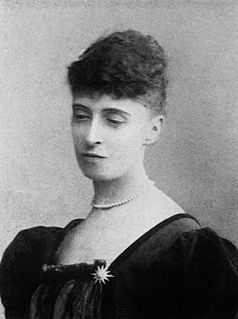A Quote by Erich Fromm
Man is born as a freak of nature, being within nature and yet transcending it. He has to find principles of action and decision-making which replace the principles of instincts.
Related Quotes
After decades of faithful study, ecologists have begun to fathom hidden likenesses among many interwoven systems. ...a canon of nature's laws, strategies, and principles...
Nature runs on sunlight.
Nature uses only the energy it needs.
Nature fits form to function.
Nature recycles everything.
Nature rewards cooperation.
Nature banks on diversity.
Nature demands local expertise.
Nature curbs excesses from within.
Nature taps the power of limits.
Of the first philosophers, then, most thought the principles which were of the nature of matter were the only principles of all things. That of which all things that are consist, the first from which they come to be, the last into which they are resolved....this they say is the element and this is the principle of things.... yet they do not all agree as to the number and the nature of these principle is water.
There is nothing so bad or so good that you will not find Englishmen doing it; but you will never find an Englishman in the wrong. He does everything on principle. He fights you on patriotic principles; he robs you on business principles; he enslaves you on imperial principles; he bullies you on manly principles; he supports his king on loyal principles and cuts off his king's head on republican principles.
If speculation tends thus to a terrific unity, in which all things are absorbed, action tends directly back to diversity. The first is the course or gravitation of mind; the second is the power of nature. Nature is manifold. The unity absorbs, and melts or reduces. Nature opens and creates. These two principles reappear and interpenetrate all things, all thought; the one, the many.
Modern man lives isolated in his artificial environment, not because the artificial is evil as such, but because of his lack of comprehension of the forces which make it work- of the principles which relate his gadgets to the forces of nature, to the universal order. It is not central heating which makes his existence 'unnatural,' but his refusal to take an interest in the principles behind it. By being entirely dependent on science, yet closing his mind to it, he leads the life of an urban barbarian.
The form of government which you admire, when its principles are pure is admirable indeed. It is productive of every Thing which is great and excellent among men. But its principles are as easily destroyed as human nature is corrupted. Such a government is only to be supported by pure religion or Austere morals.






































